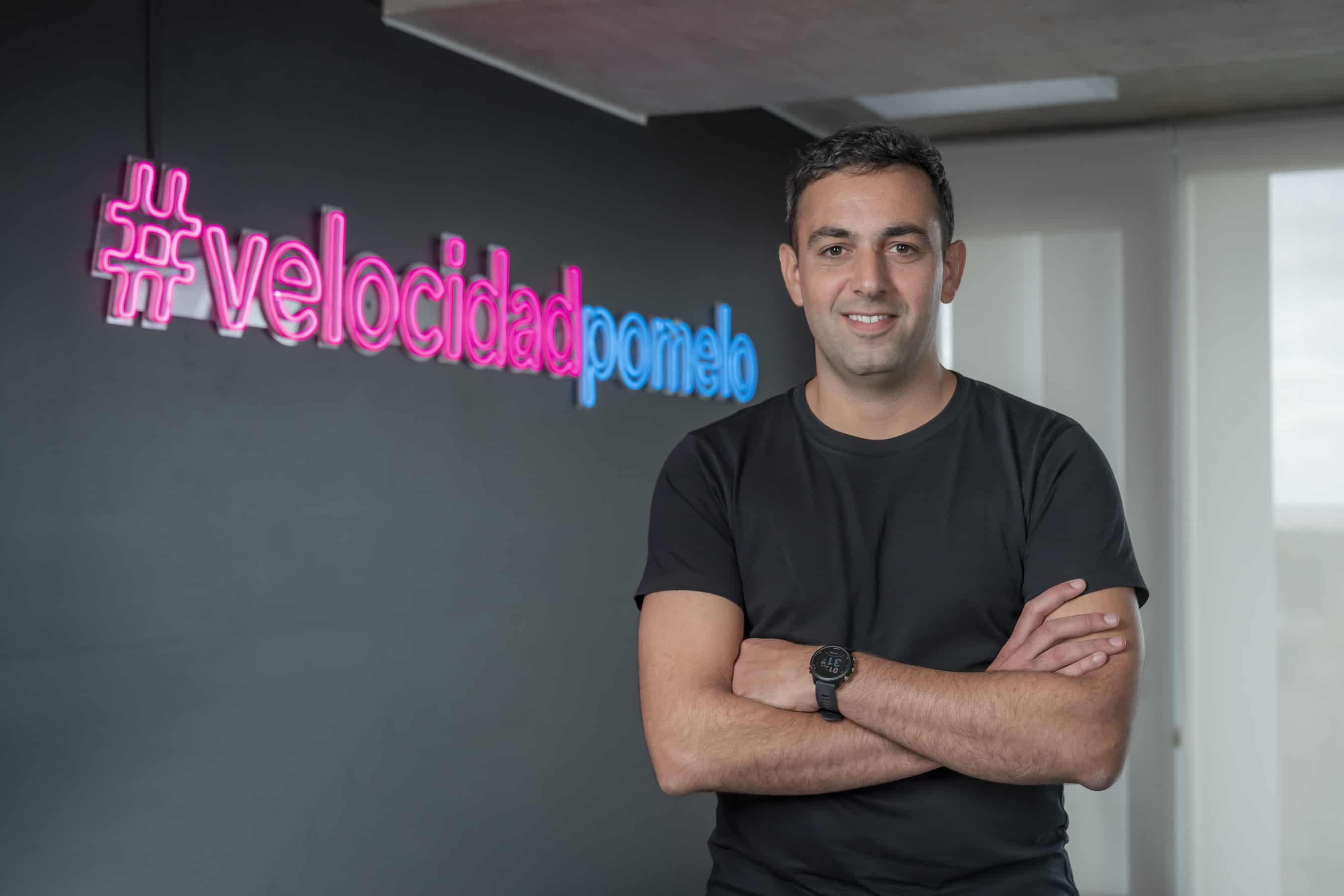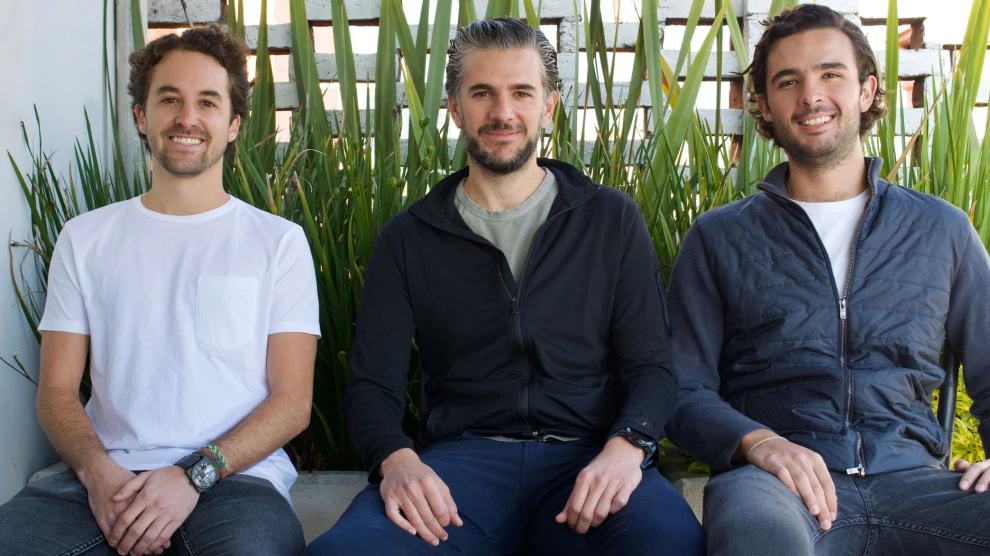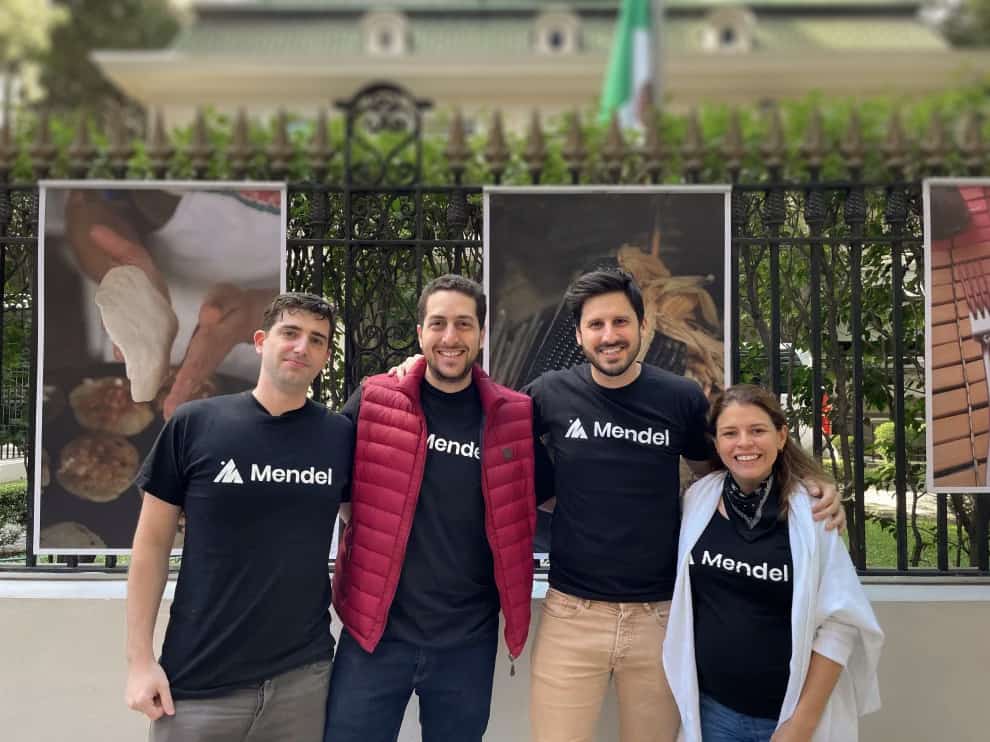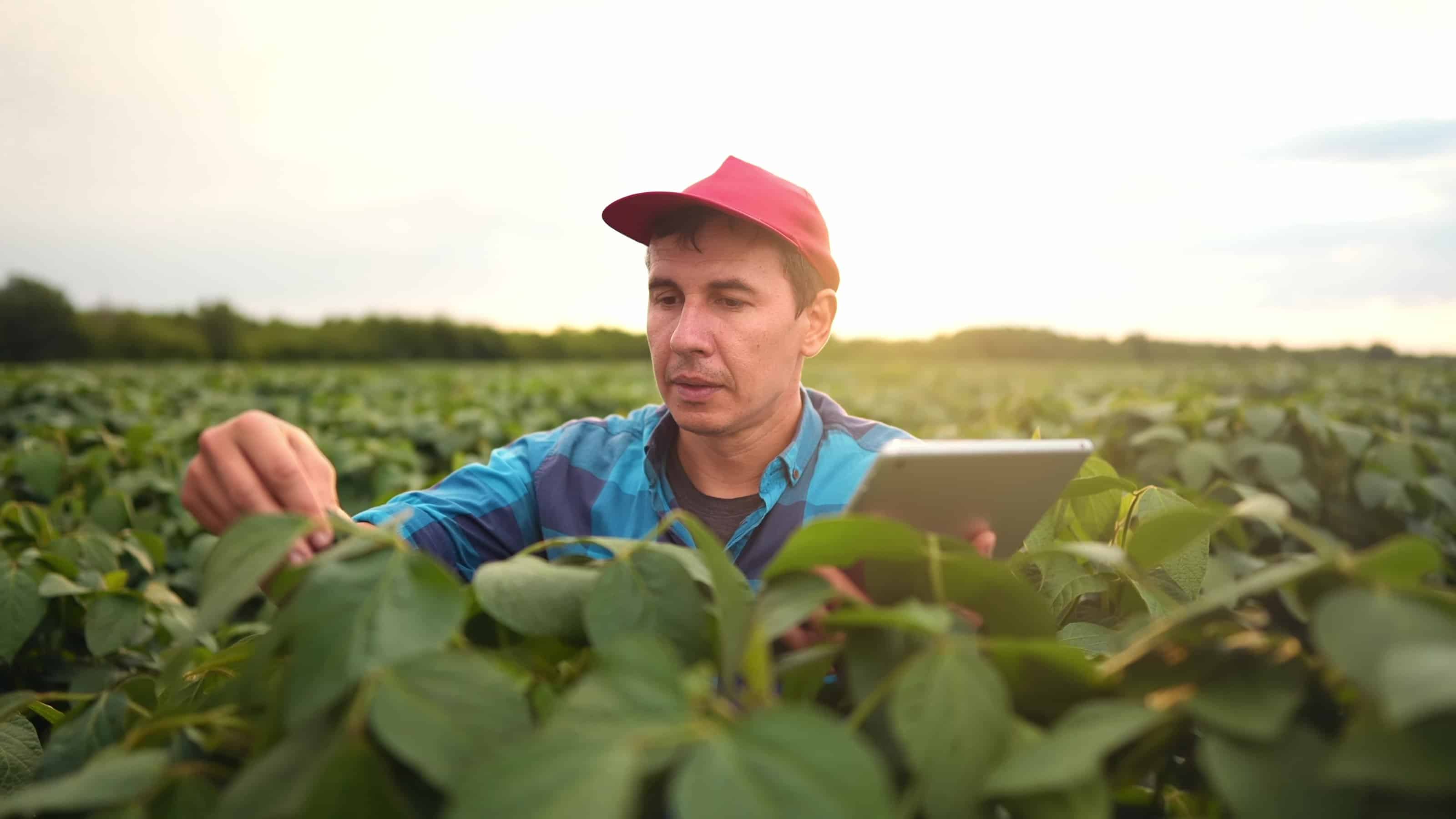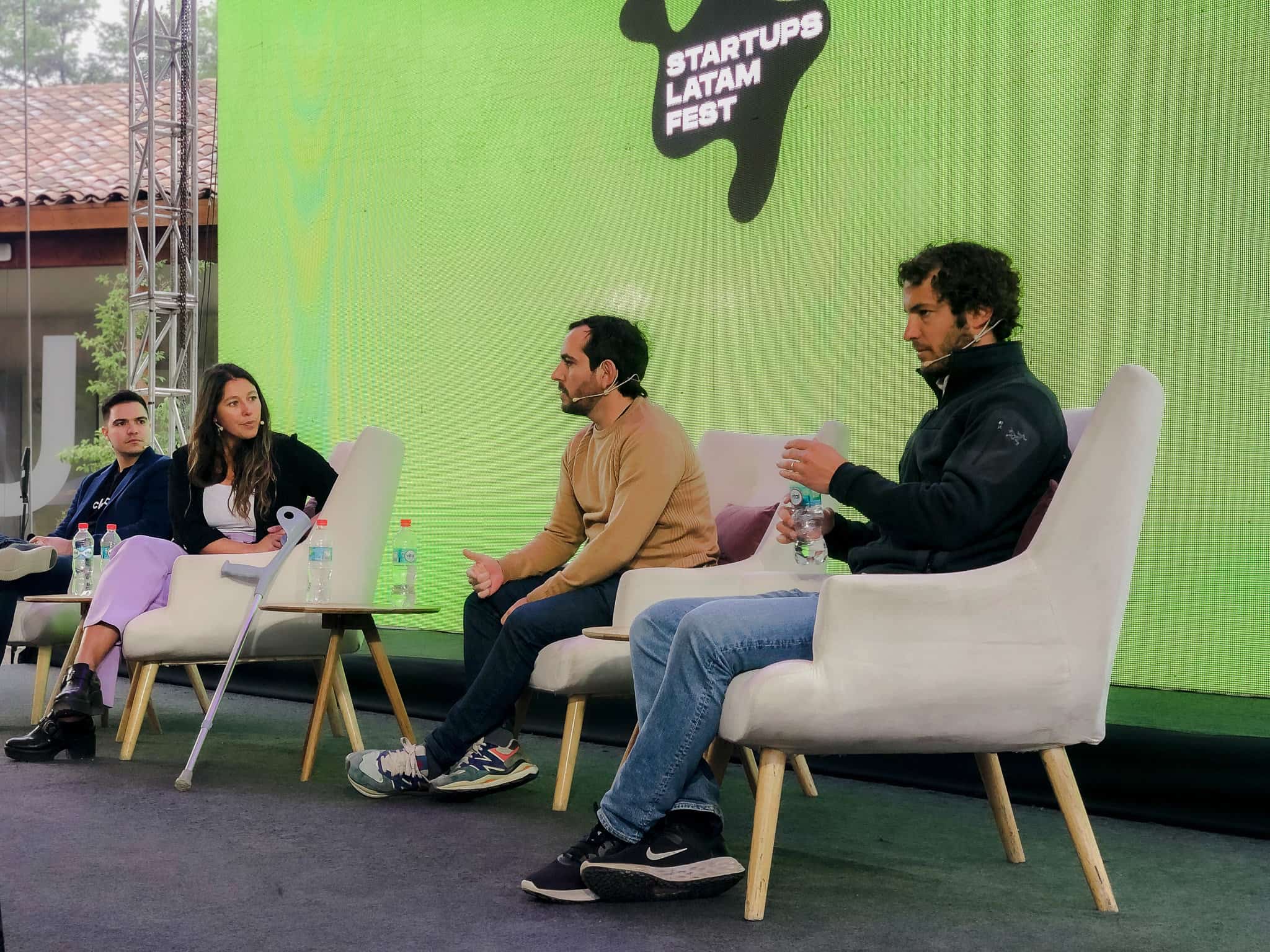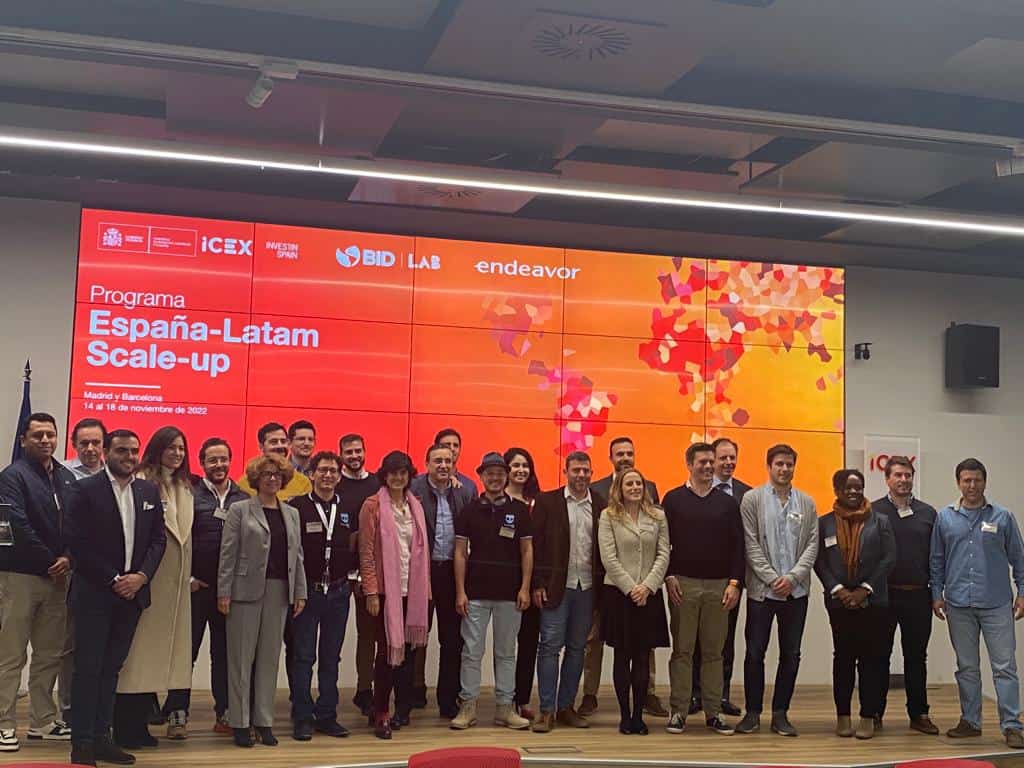This Argentine company is one of the most booming startups in LatAm. A specialist in financial infrastructure, it seeks to revolutionize how fintechs operate in the region. In this interview, its CEO talked about raising capital in a challenging year, managing their explosive growth, and why infrastructure is “incredibly necessary for the end user to have a better experience.”
From payment with QR codes to crypto credit cards, the fintech boom has taken Latin America by storm with solutions seeking to resolve structural problems. However, all these innovations run on rusty rails. In the end, the infrastructure that supports each new product that comes out to amaze the market has very little modernity. And Gastón Irigoyen, Hernán Corral, and Juan Fantoni know this perfectly well because they have experienced it first-hand.
These three entrepreneurs have worked for top companies -Irigoyen was CEO of Naranja X and one of the first Google employees in Argentina; Corral spent 12 years at Mercado Libre; while Fantoni worked at Mastercard- and experienced huge obstacles in the system.
That is why they decided to take an independent step and founded Pomelo, the B2B fintech that seeks to change that equation and immediately attracted the attention of funds such as Tiger Global, Sequoia Capital, and Monashees, and angels such as Max Levchin (co-founder of PayPal), Biz Stone (co-founder of Twitter) or the entrepreneur Martín Varsavsky.
It also made noise with its big funding rounds. In total, US$60 million in two rounds: a US$10 million seed and a US$50 million Series A that had two tranches, the last one in mid-August.
It has grown exponentially. To put it in context: the company started 2021 with three people, the founders themselves, and ended it with 130 employees. Irigoyen estimates that this year they will end with a team of about 330 professionals. The vast majority, he admits, are former employees of other companies in the sector who encountered the same obstacles to developing products. That frustration, says the founder in an interview with Contxto, is the main driver for creating disruptive products: “We have experienced the problems and limitations firsthand, and innovation starts from there.”
<img class=”size-full wp-image-73366″ src=”https://contxto.com/wp-content/uploads/2022/10/BNGaston-Irigoyen–-CEO-Co-founder-Pomelo-1.jpg” alt=”” width=”1850″ height=”2312″ /> Gastón Irigoyen, CEO of Pomelo. (Photo: Pomelo)
The other key to this trio’s vision lies in their regional projection. They already operate in five countries (Argentina, Brazil, Mexico, Colombia, and Peru), and next year they will open two more markets. With this, they have already covered 80 percent of the total payment volume in Latin America. And this is what makes the real difference and what, in turn, makes them so attractive in the eyes of investors: they are erasing borders and providing consumer-oriented solutions to the region’s fintech so that they can grow with fewer obstacles.
With more than 75 active clients in the region, Pomelo’s adventure has just begun.
You have a long list of international investors with you, why are they betting on the region? Is it because of last year’s international context, or do you really see a long-term interest in LatAm?
The context changed drastically for investments. There were several tectonic plates, all moving and all playing against each other. Today, it is much more difficult for any company to raise capital, and valuations have changed. That said, Latin America is in a good position, almost at a geopolitical level, because China had already started to lose confidence in recent years, and with the war, Europe was also affected.
In addition, there is some good news to add. In particular, we began to see many success stories in technology in Latin America. And also, with less capital available, the difference between good and not-so-good companies is becoming more binary. It is more difficult to raise capital for the vast majority of companies, but companies that are structurally good generate more competition among investors.
In the case of Pomelo, our first two rounds were last year, so we benefited from a good environment. This year we also raised capital in the current context and increased our valuation by 50 percent. I think we managed to position ourselves in that small group of companies that investors consider structurally good because of the size of the market, the business traction we are having, the acceptance of the product, and the background and experience of the founders and the team, among other things.
So, are investors in Latin America for the long term?
Some are, and some aren’t. I do believe that there are funds that have been investing for many years, and those are the ones that will remain firm. New funds started to invest and have a very high conviction. And then, there were also other funds that started to look more opportunistically at Latin America, but now they are contracting. In general, in these scenarios, when less capital is available, funds return to their comfort zone, and Latin America is not always the comfort zone. Sometimes it is the second or third ring. I think there are going to be funds that invested and will stop investing.
What are investors asking for today in this context? Have the metrics of success changed?
Yes. Until last year, they were looking for growth regardless of the cost. Today they are looking for much more responsible growth. You have to have a good balance between growing and doing it with criteria. Some of the ratios that are looked at are, for instance, how much income you generate in relation to the number of people you have. Or how much income you generate in relation to what you burn monthly. All these ratios have been compressed, and they are looking for much healthier numbers. They also ask for the runway to be more extended: today, the industry’s recommendation is that companies should have a runway of over two years.
How do you manage such accelerated growth?
People read the news or have friends who work in other companies and have seen the wave of layoffs in the last few months. That requires a lot of education and being able to talk about it with a lot of transparency. Anyone who works in technology knows that any startup has to, first and foremost, survive. That is the mindset: first, you have to survive, and for that, you must be responsible on several fronts. If you can show that you have raised capital recently and that you have the security to keep moving forward, people are reassured. And many of us think of it as an opportunity to become stronger. We are in a good position with very good funding, we continue hiring and expanding internationally.
After the fintech boom, what solutions do you think are still missing in Latin America?
The B2C fintech boom that we saw in the last few years continues to advance and reach countries that were more relegated. Then, obviously, crypto has grown a lot. Here in Argentina, we see it very closely, but it is a very regional issue. In fact, many of the cards we issue with Pomelo are crypto cards. We are by far the player that issued the most crypto cards in Latin America. We probably have about 75 percent of the market share with more than 15 crypto clients.
Another area we are looking at is loans or credit, where there is still a lack of access. In line with that, we also see many solutions for small businesses. Going into the corporate world, there is a boom in corporate cards.
And finally, what we do: infrastructure. All the items I described above require a good infrastructure below. It is a B2B business model, and it is the one that is lagging the furthest behind. All the fintechs we use are built on obsolete infrastructure. An infrastructure that is not ready for these fintechs that are going so fast.
What is your main competition?
Local and incumbent infrastructure. That was always our thesis because that’s what we suffered from doing many of these B2C fintechs. For example, I set up Naranja X, while Hernán [Corral] spent 12 years at Mercado Pago, so we suffered, and now we are creating an infrastructure that, for the first time in the history of Latin America, is completely regional and transcends borders with modern technology. If you look at the large volumes of payments today, 98 percent is on local and incumbent infrastructure. That is where the competition is, but also the biggest opportunity is to take it to another level.
You went through very big companies, and yet you decided to start your own path. What things did you want to do differently or change in the industry?
With Pomelo, we want to change the industry and the way the industry operates not only in a country but at a regional level. We see that in digital financial services, all those pipes were created 30 or 40 years ago. A lot of the big limitations that these companies that we all use today have is that they are limited by that infrastructure. So we are proposing to make a qualitative leap in the industry in Latin America, but in the part that is not seen, and that is incredibly necessary for the end user to have a better experience.
How do you keep innovating?
It’s a personal thing, but it also has to be systemic. There are many people developing product who know a lot more than my co-founders or I can know. Innovation has to be part of the culture and a DNA thing. In our case, the main driver of innovation is that practically all the people at Pomelo come from creating these financial services. We have experienced the problems and limitations first hand, and innovation starts from there. Our own experience and frustration are the biggest source of innovation.
You also may be interested in: Marlene Garayzar: I Co-founded Stori Because I Wanted to Work on Something With Social Impact
